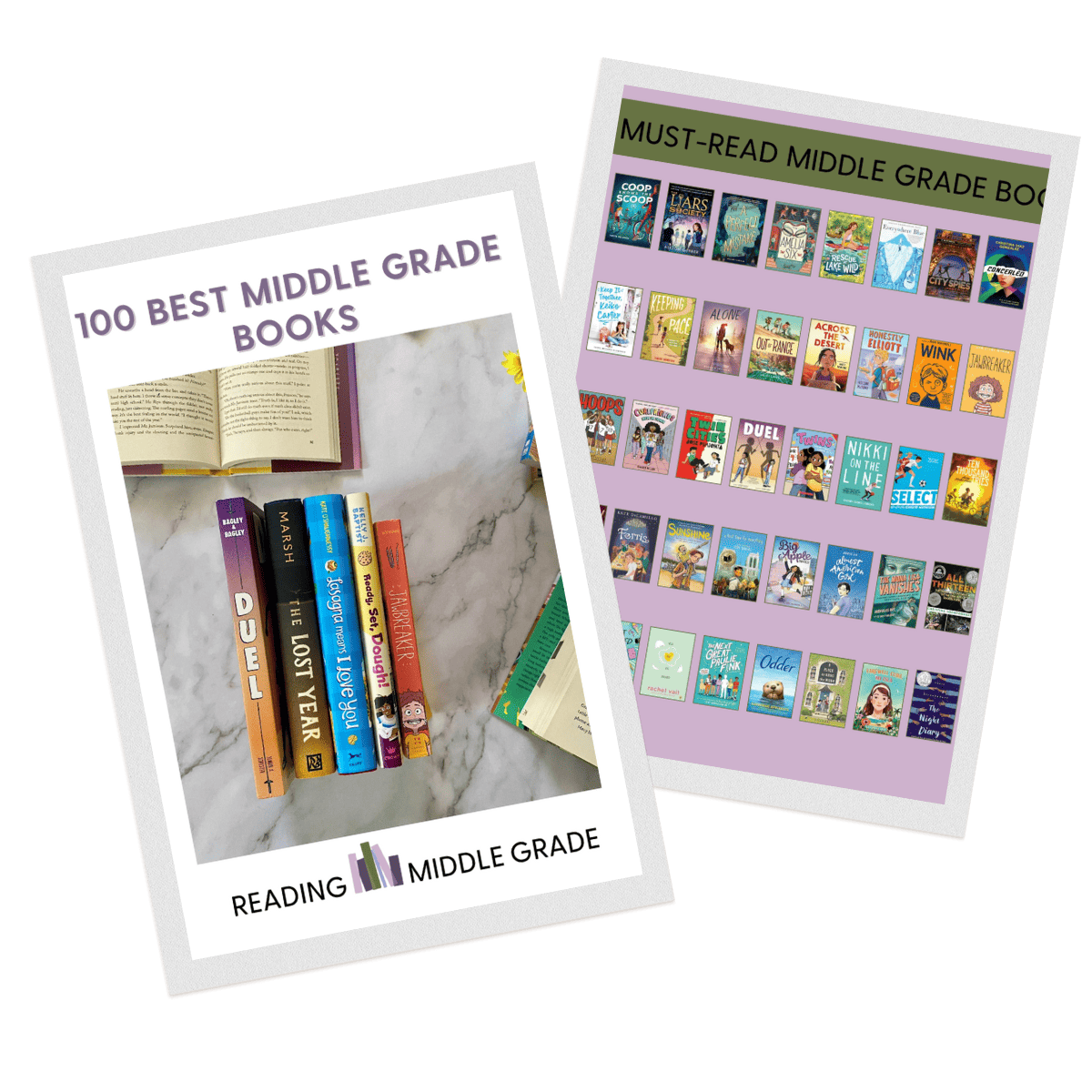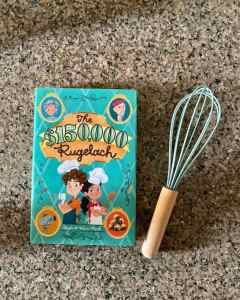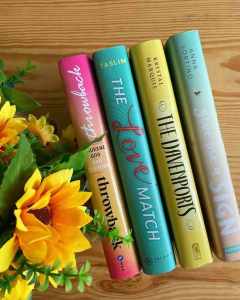Ope Adedeji is an editor for the popular Nigerian website, Zikoko. But Ope’s career trajectory is especially interesting to me because before Zikoko, she was the managing editor at Ouida Books. Ouida is a Nigerian publisher — they published Tomi Adeyemi’s young adult novel, Children of Blood and Bone in Nigeria.
But more than that, Ope is also a writer. She is an alumnus of Chimamanda’s Purple Hibiscus Trust Creative Writing Workshop. Her work has been published in McSweeney’s and Catapult. Ope is also an editor at Arts and Africa, “a journal for chronicling African experiences,” which she co-founded.
In this interview, we talked about her start as a freelance editor and why she decided to move from book publishing to online publishing. We also discussed how she balances working full-time as an editor with writing regularly.

What do you do for a living and what does your job entail?
I’m an editor at Zikoko magazine. My job includes ensuring quality in terms of content. This means I’m reading and editing stories in various formats, ensuring that the stories are submitted and published on time, collaborating with writers to help develop their work, looking through pitches to find the best stories, etc. So basically the day-to-day operations of the magazine. On the long-term side of things, I work with my editor-in-chief to ensure there’s continuous growth of the magazine.
When did you realize editing was the job for you? How did you end up working as a managing editor at a Nigerian publishing house?
I don’t think I ever knew — that’s to say, I still don’t know. I think that I’m pretty young, and that there’s still enough time for me to explore different career paths, should I choose to go in a different direction. What I do know for now is that I love editing and working with writers who are intent on growing. I enjoy that relationship that ensues when a writer can trust you with their work, and trust your feedback.
To answer your second question, I must mention Arts and Africa which started as a pet project between a few friends and I. We wanted to create a channel or a space for young writers to publish their work without all the gatekeeping that sometimes goes on in the African literary spaces. To do this, and largely because we were young, broke, and inexperienced, we had to wear several hats. We all took on multiple roles which included editing, designing, social media management and so much. I guess that’s when I started to specialise in editing.
It also helped that I was doing a lot of writing and sending to some people in the literary space whose opinions and feedback I appreciate and respect. There was Sarah Manyika, Jite, Dami Ajayi, etc. We also edited each other — co-founders of Arts and Africa and I — a bit like a peer review.
This period, between 2014 and 2016 served as the foundation for my editing career. But even then, I didn’t think it was something I wanted to do long term. Not until Arts and Africa published its first poetry collection, Numb Tantrums. It was then I realised how little I knew about publishing in Nigeria. So I applied to work with Lola Shoneyin at the Book Buzz Foundation. As it turned out, there was a vacant position at Ouida Books, and the rest as they say is history.

Why did you decide to leave your job at Ouida Books? And why the move from book publishing to online publishing?
I love Ouida Books and the Book Buzz Foundation. There’s no Nigerian organisation that beats both sister-companies in promoting literature, specifically African literature, than both organisations. But having worked there for almost two years, I knew it was time to leave — for a new adventure as they say. Importantly, for a space where I could learn even newer things, and grow in more ways than I had envisaged. Zikoko gives me that.
Although they’re both Managing Editor roles, how is your job at Zikoko different from what you did at Ouida Books?
It all comes down to the fact that one is digital (online), and the other is traditional (paperback). There’s a lot of daily operations that goes into the work at Zikoko. It’s also more immediate that at Ouida Books where editorial calendars span months and even years.
What do you wish more people knew about the work of publishing in Nigeria? Both online and off.
That they’re mostly different things that can learn from each other.

I know you worked freelance for a while before Ouida, and even between Ouida and Zikoko. Do you still freelance now? How long did it take you to establish yourself, and how did you find clients?
I rarely freelance now, because there’s just no time. In between trying to write and read for myself, 9-5 and managing Arts and Africa with my colleague Afope, I can only take on 1 or 2 freelance jobs at a time.
Sometimes, I prefer the structure of 9-5. But freelancing came as an opportunity to further hone my craft.
In the beginning, it was more of editing for free for friends — and there’s still a lot of this — and that’s been going on since 2014/2015. That led to getting clients and putting some value on my work. There’s also self-praise — putting it out there that I’m an editor, and should you require said service, you can contact me. Other times, it’s people who I’ve worked with recommending my services and that’s nice.

What do you love most about working at Zikoko Mag?
What I love most is the talent, amazing team of young people trying to make the best out of the world in various formats. Everybody is sort of fullstack, or eventually becomes fullstack and capable of working in diverse roles in a magazine. But at the same time, as much as there’s room for everyone to learn a range of new things and improve themselves, there’s room to grow and specialise in one thing. That has to be my favourite thing.
Which parts of your job are the most “stressful”?
I’m not sure. I think it’s the waking up and going to work part that’s stressful. It’s commuting in Lagos part — spending so much time in traffic and having little time to rest.
How do you balance being a writer and an editor working a 9-5(?)? What tips do you have for writers with a full-time job?
I don’t think I’ve found the balance yet. I try to write weekends, but there’s always something else to do — sometimes work. My hack right now is to always write on the go. So I use Google Docs/Keep to take down notes, sometimes incoherent ramblings that float into my head when I’m in commute. Some of these sentences go on to become the beginnings of some of my best work. Some are abandoned, but I keep jotting them down.
In a good month, I should try to write one thing every week. This was my 2019 resolution. But I haven’t quite gotten to “good month” yet. I do have a newsletter which tasks me to write every Thursday. It’s typically less than a thousand words. I started sending them out in March. They’re often ramblings, and without real literary merit. But they’re important to because in a way, they are proof that in spite of the bustle of everyday life, I can still write.
What has been your proudest achievement in your work as a writer and editor so far? What future goals (that you can share) would you like to achieve?
Proudest achievement: I often cannot choose, but if I had to, I’d say it was getting into Chimamanda’s Purple Hibiscus Trust Creative Writing Workshop. As an editor, it would have to be getting into Short Story Day Africa’s Editing Fellowship. It would seem from these that most of my achievements revolve around learning from prestigious organisations and people that are really good at what they do. I’m not sure though, but it’s possible.
What do you think writers and editors could do to improve their craft? What advice would you give them about navigating the world of writing and building a sustainable career?
Read deliberately is the advice I’d give to writers and editors. Which is a lot different from “read everything,” the generic advice that’s usually given to writers. Reading everything is important to some extent, it helps you tell the good from the bad — in a sense that is not limited to subjectivity.
Reading deliberately starts when you’d like to take your career as an editor or writer seriously. It’s really about studying what you’re reading, and trying to get into the head of the writer or editor of the book. Reading Toni Morrison made me ask questions about how sentences are constructed, and what defines a writer’s style. And these questions were born from a place as a writer and editor.
Morning or night person? How do you like to start your day? What do you like to do for fun?
More of a morning person. I like to start my day with a good story or essay! I disturb my boyfriend for fun. Haha, just joking. I probably read for fun, or hang out with friends. I also binge watch sitcoms for fun and go restaurant hopping too. Well, if I’m not broke. I also love travelling. That’s also dependent on being broke or not.

Which books are you currently reading? What was the last book that moved you?
I’m currently reading Kintu! Lovely, lovely book. Last book that moved me? Hm, not so sure. Perhaps Purple Hibiscus. I reread it in December. The first and second time I read it were in secondary school and shortly after university started. It had a new meaning when I read it, or I had new eyes. One of the two. I think I cried after.
What else do you wish I’d asked you about freelancing, editing, publishing, or just life in general?
How to make money as a Nigerian editor/writer/publisher. Of which I don’t know the answer.
Meet Ope Adedeji

Ope Adedeji is a lawyer, writer and editor. She is the Managing Editor at Zikoko, and was formerly the Managing Editor at Ouida Books. Her work has appeared on McSweeny’s Journal, Barren Magazine, Arts and Africa, Afreada, and Catapult Magazine. She is an alumnus of the 2018 Purple Hibiscus Trust Creative Writing Workshop and is a 2019 Short Story Day Africa Editing Fellow. She lives in Lagos, Nigeria.
More Editor Interviews
- Adebola Rayo on freelance writing and editing in Nigeria
- Anwuli Ojogwu, Co-founder of Narrative Landscape Press
- Enajite Efemuaye, Managing Editor of Farafina Books
I love talking to freelancers (especially writers and editors) about their careers. If you’d like to chat with me, or know someone who would, send me a message!













1. I love that shirt she is wearing (with the message). I feel the same way. 2. Great interview. 3. Ugh, I’m still learning to balance it all and I’m failing miserably. Good for her!!
Thanks for reading, Jane! I feel you on the balance angle. I’m on vacation and being away from work for 4 days straight made me so anxious! The struggle is real 😔
Beautiful piece, well done. I love that you are keeping it real and being super expressive 👍🏿
Hi, yes, keeping it real is the way to go. Thank you so much for reading!
Lovely interview.